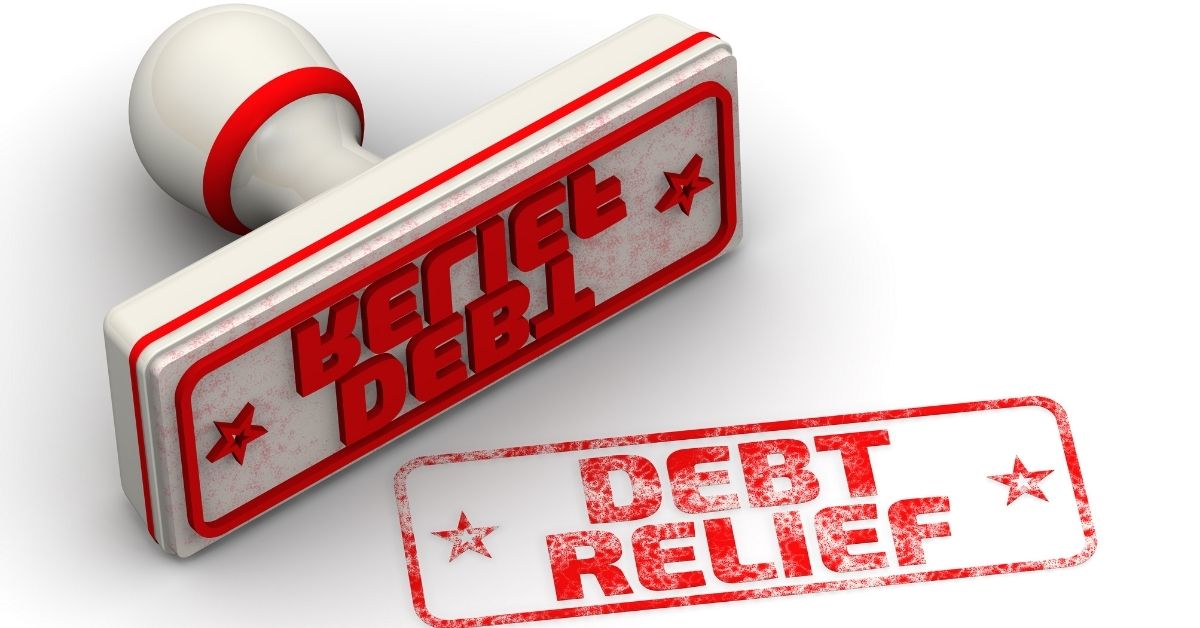
The fact that Canadian households and families have been living with a significant amount of financial stress for the past year or so isn’t really news. Eight interest rate hikes in the past 14 months, together with double digit inflationary increases in the price of food and energy, have combined to squeeze family finances from all directions.
It’s also not surprising that the financial pressures experienced by Canadians are now starting to show up in the statistics documenting debt levels, credit payment behaviour, and insolvencies. As reported by Equifax Canada in their Quarterly Credit Trends Report for the fourth quarter of 2022 (available at https://www.consumer.equifax.ca/about-equifax/press-releases/-/blogs/economic-headwinds-impacting-debt-levels-and-credit-payment-behaviour?), total consumer debt during that quarter rose by 6.2% when compared to the same quarter in 2021, as Canadians turned increasingly to the use of credit to meet their day-to-day financial obligations. It’s apparent as well from the statistics that some of those Canadians are having difficulty managing that increased debt. When statistics for December 2022 are compared to those for December 2021, they show that over 300,000 more consumers were carrying an unpaid balance on their credit cards from one month to the next, rather than paying the full balance off at the end of each billing cycle. As well, during the fourth quarter of 2022, the 90+ day volume delinquency rate for credit cards and auto loans rose by 23% and 11% respectively.
When individuals or families need to turn to credit to meet day-to-day financial obligations and then have difficulty repaying or even servicing that debt, the worst case scenario is insolvency. And it is the case that an increasing number of Canadians are reaching the point at which they see their available options narrow to the point that they must consider making a consumer proposal or even declaring bankruptcy. The Statistics Canada report on insolvency statistics for individuals for the month of January 2023 (https://ised-isde.canada.ca/site/office-superintendent-bankruptcy/en/statistics-and-research/insolvency-statistics-canada-january-2023) shows that in every province there was a double digit percentage increase between January 2022 and January 2023 in the number of individuals who made a consumer proposal. In some provinces, the number of such proposals made by individuals nearly doubled over that 12-month period.
Neither individuals who are struggling with debt nor their creditors want to see things reach a point at which the debtor is insolvent. Individuals or families who are unable to manage their current debt load should be aware that there are viable options open to them – and equally, that there are courses of action which should be avoided.
Where an individual or a family feels overwhelmed by debt, it’s inevitable that they will be vulnerable to approaches which promise to make the problem go away – and even to provide funds to repay existing debt. The website of the Financial Consumer Agency of Canada (an agency of the federal government) at https://www.canada.ca/en/financial-consumer-agency/services/debt.html and https://www.canada.ca/en/financial-consumer-agency/services/debt/debt-settlement-company.html contains a warning about using the services of such “debt settlement companies”, making the following points:
- Companies or agencies can’t guarantee they will solve your debt problems.
- Companies or agencies can’t quickly and easily fix your credit score.
- Companies should not (as they sometimes do) encourage you to take out a high-interest loan to pay off your debts.
- Companies and agencies may misrepresent services they offer as being part of a government program.
These warnings are based on the fact that debt settlement companies are for-profit businesses, not service providers. They collect fees from consumers who are in financial difficulty, sometimes making unrealistic commitments with respect to what they can accomplish. For instance, while such companies may promise to negotiate with creditors in order to reduce any amount owed, or the interest rate payable on existing debt, the fact is that creditors are not obliged to speak to or negotiate with a debt settlement company with respect to another person’s debts. Debt settlement companies may promise to “fix” a poor credit rating or credit report, but they have no actual power to do so. And the fees paid to such companies will almost certainly have to be paid, whether or not they can actually produce the results they promise.
That reality does not, however, mean that there is no help for individuals and families seeking to find their way out of debt. In almost every community of any size, there will be a credit counselling agency which can assist consumers with debt management and debt repayment and, equally important, will help the individual or family to establish financial management practices (like setting up a realistic family budget) to ensure their future financial stability.
Such credit counselling agencies operate on a not-for-profit basis and provide their services at little or no cost to individuals or families for their services. Each such agency is a member of Credit Counselling Canada (to be a member of Credit Counselling Canada, an agency must be accredited and must operate only on a not-for-profit or charitable basis), and a listing of their member agencies and locations can be found on the Credit Counselling Canada website at https://creditcounsellingcanada.ca/locate-a-counsellor/?cc=ON. An outline of the kinds of services which are provided by such agencies is available on the same website at https://creditcounsellingcanada.ca/.
The information presented is only of a general nature, may omit many details and special rules, is current only as of its published date, and accordingly cannot be regarded as legal or tax advice. Please contact our office for more information on this subject and how it pertains to your specific tax or financial situation.
